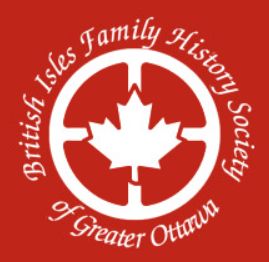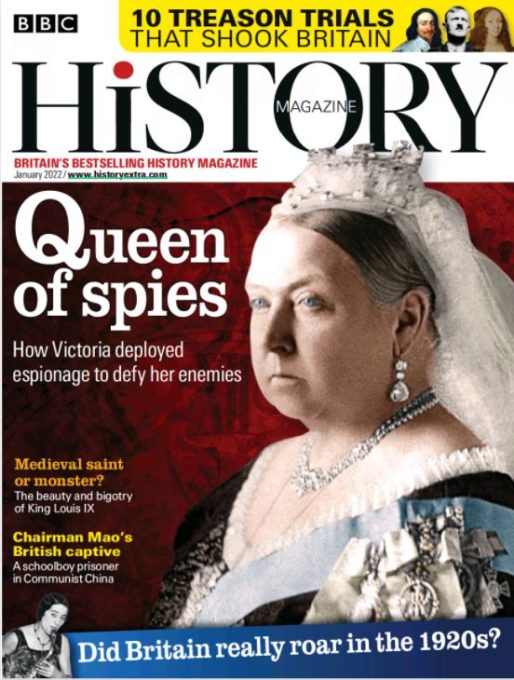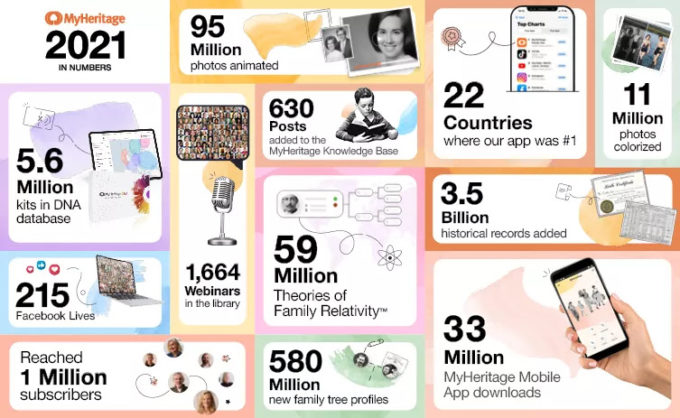Thanks to the 33 people who responded to the survey posted on 6 December. Here, belatedly, are the results. Points to note IMHO are in bold below.
- 85 percent registered for Rootstech, two-thirds for BIFHSGO and Scottish Indexers.
- There’s a bit of a bias in that 46 percent would choose the BIFHSGO conference if they could only register for one!
- There’s a challenge for making online conferences attractive for businesses in that 82 percent of respondents did not consider any purchases.
- 70 percent were able to make progress in their own genealogy as a result of online conference attendance, and another 20 percent thought they might do in the future as a result of attendance.
- The following responses to “Based on your experience this year, what comments do you have that would be helpful to those organizing future conferences online?” are food for thought.
Online conferences are likely better for the environment and dealing with Covid, but I yearn to return to the in-person experience.
Make sure there is time for viewers to ask questions. One of the conferences I attended had 30 presentations over a weekend and the recordings were only available for 4 days once they became available. It simply was not enough time.
Very valuable, please continue offering online.
I would prefer to continue attending online conferences – the lower cost leaves more money available to subscribe to online databases or to purchase books, etc.
I thoroughly enjoyed the BIFHSGO Conference. The topics/speakers were excellent and I liked that it was spread out over a week.
Availability for people in different time zones (some working or in school outside home); comfortable environment (humour, privacy & conduct policies); lot of opportunity for chats w/presenters & among attendees & Q & A; aids to listening/seeing included as a matter of course (e.g. captioning); variety of topics, speakers/exhibitors (incl. style & length). I rate the Scottish Indexes conferences as the top conferences this year on these factors. Note that in this survey “Scottish Indexes” is incorrectly spelled as Scottish Indexers.
I am thrilled to have access to so many online opportunities without the tremendous costs and sometimes inconvenience of in-person attendance and travel, I know many people miss in-person contact and I do believe that more technology should be applied to meaningful interactivity and hybrid models. I am quite pleased to forgo socializing if I can attend more virtual events. Aside from pandemic concerns, the environment benefits from less travel.
Keep up the excellent work.
Realise that next year will be different. A lot more organisations will be offering on-line conferences so there will be a lot of competition for the time, the money, the speakers etc.
Not sure I have anything to suggest – there has been a lot of learning by online organisers in the past 18 months. I hope too that where organisations return to live meetings they are able to stream to a wider audience. Wider participation has been a plus of COVID
I liked the Breakout sessions but they are impossible in a large conference and are tricky even in a smaller conference. Pre-recorded sessions were OK but had no opportunity for Q&A.
Scottishindexes.com held by far the very BEST managed conference.
With a virtual conference your potential audience is worldwide so offer content which makes your conference stand out and be unique.
If possible branch out into more niche topics, as the basics have already been covered in the last 2 years, and even if those interested are geographically scattered they can still attend. Bring in experts from a distance without travel costs. BIFHSGO’s presentation on the Irish Registry of Deeds this year is an excellent example.
I am glad I did not need to choose only one. I hope conferences will continue to have an online option even after returning to in person. Very helpful to have printed notes ahead of time, although summary with links is also helpful.
Excellent to have option of rewatching lecture or to watch lecture missed in real time.
Indicate what level of experience the workshops are aimed at.
Remember your audience can be global not only local, be mindful of timings and opportunities for all.
Keep them coming, and allow for after event viewing – especially important for those attracting an international audience
Keep all online conferences so everyone who wishes to can attend. If a registration fee, keep it minimal to encourage attendance.
I’m starting to think that Thomas MacEntee’s comments that presentations should be in the RootsTech style of about 25 mins might be better for the future. Unless it is more of a demo or instructional type of presentation.
 This Saturday, 8 January, BIFHSGO offers a full online program, a 9 a.m. “education” talk and 10 a.m. main presentation.
This Saturday, 8 January, BIFHSGO offers a full online program, a 9 a.m. “education” talk and 10 a.m. main presentation.


 Table of Contents
Table of Contents
 I was given a hardback edition of
I was given a hardback edition of 